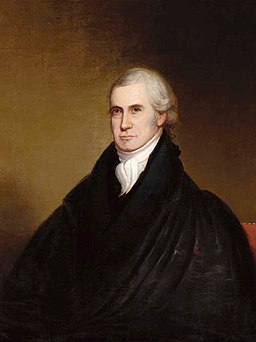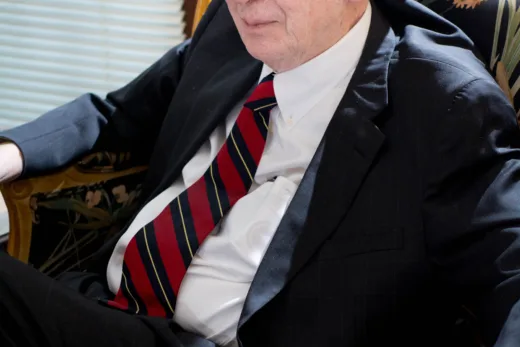Who was John Marshall?
Chief Justice John Marshall presided from 1801 until 1835, over 34 years. Marshall died while in office at the age 79.
He was a Federalist and appointed Chief Justice by President John Adams.
John Marshall was the type of man whom George Washington would have fervently approved of because Marshall did not allow his Federalist leanings to interfere with his Court decisions.
Marshall’s Court voted for the good of the Country and the wording and intent of its Constitution.
On a personal note, a long, long time ago, I attended Marshall College, now Marshall University.
Marbury Versus Madison
William Marbury had been appointed a justice of the peace for the District of Columbia in the final hours of the Adams Administration, and there were other similar appointments. These appointments have been called “midnight judges.”
James Madison, Thomas Jefferson’s secretary of state, refused to deliver Marbury’s commission.
Marbury and others petitioned for a writ of mandamus, a mandate, compelling the Jefferson Administration to deliver the commissions.
A Landmark Case
On February 24, 1803, the Supreme Court, led by Chief Justice John Marshall, decided the Landmark case of William Marbury versus James Madison.
The Court was very strong in stating that Thomas Jefferson and James Madison were wrong to prevent William Marbury from taking office as justice of the peace for Washington County in the District of Columbia.
But the Court took no action in that matter. Marbury quit fighting it.
It is quite interesting that the appointment of Marbury is incidental to the effect of the Supreme Court ruling.
The Court ruled that the Court had no jurisdiction in the case.
Congress, with the Judiciary Act of 1789, had given the Supreme Court jurisdiction but the Marshall Court ruled the Act of 1789 to be an unconstitutional extension of judiciary power into the realm of the executive.
John Marshall argued that acts of Congress in conflict with the Constitution are not law.
The Court’s ruling confirmed the legal principle of judicial review.
John Marshall’s Supreme Court set the precedent of the ability of the Supreme Court to limit Congressional power by declaring legislation unconstitutional.
Think about that. The case started as a rather simple case of delivering a commission to a justice of the peace and ended up a landmark case giving judicial review on laws.
John Marshall was a judicial giant. He changed the Supreme Court from being a weak sister into a full partner of the three branches of government as defined by the Constitution.





